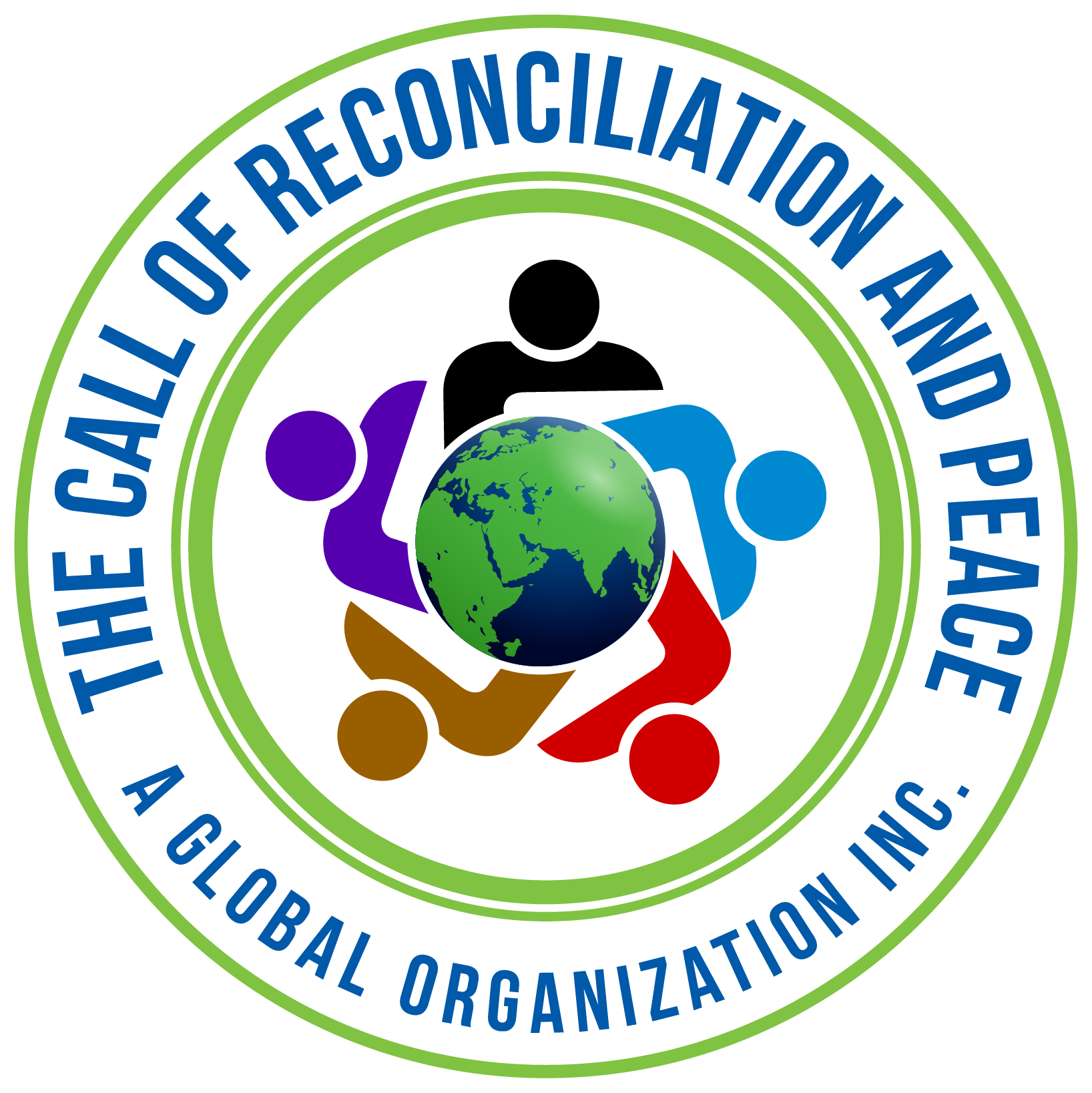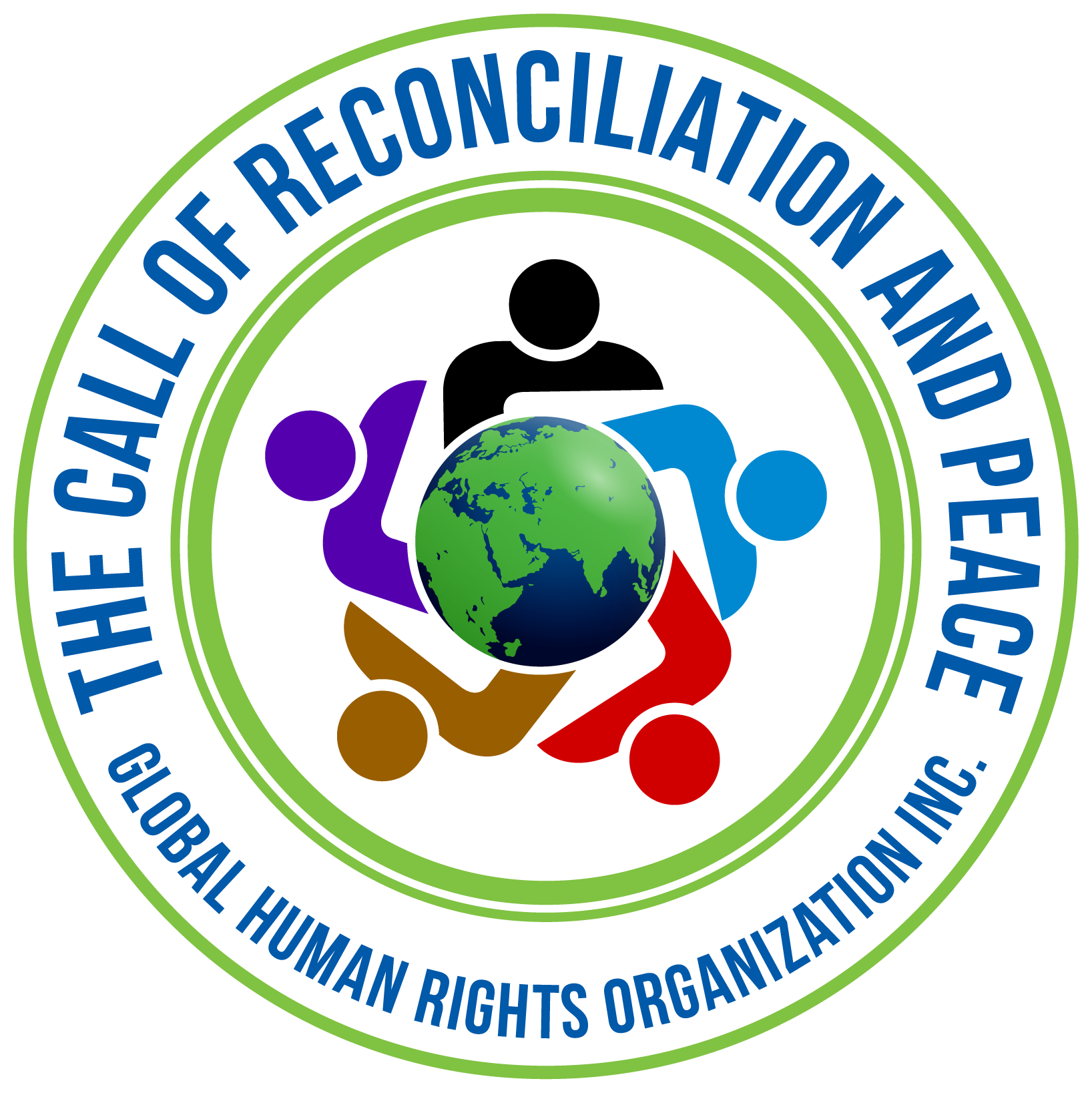Our Rights
Our Rights
Universal Declaration of Human Rights is a beacon of hope for promoting human dignity and equality. It is our collective responsibility to uphold and protect human rights for all individuals, regardless of their background. Let us work together to raise awareness and respect for human rights in our communities and societies!
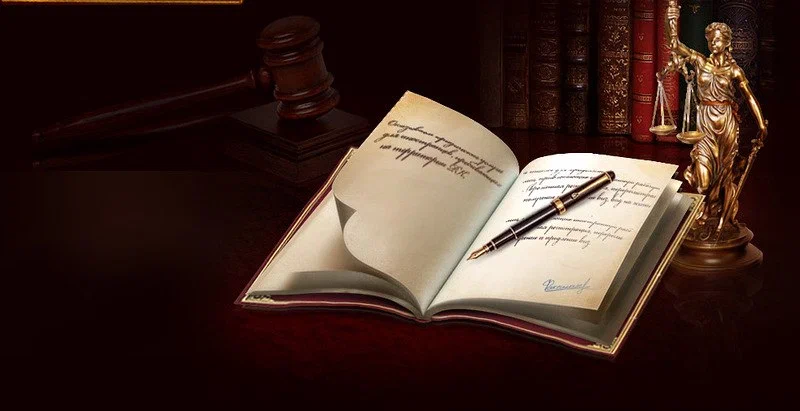
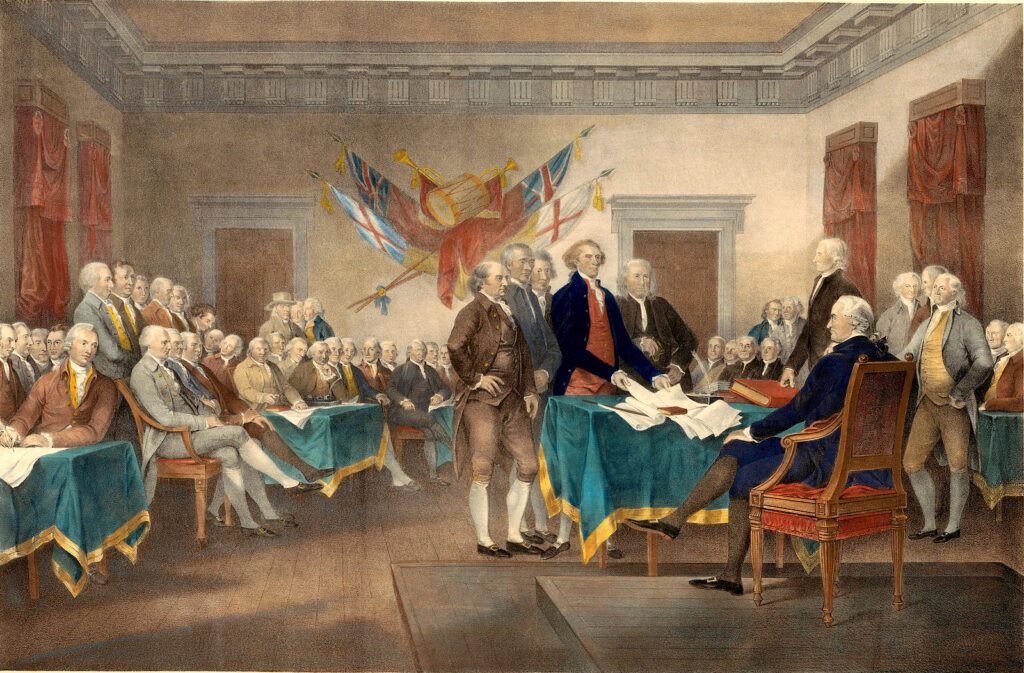
The Articles of the Universal Declaration of Human Rights
Articles 1–2 establish the basic concepts of dignity, liberty, and equality.
Articles 3–5 establish other individual rights, such as the right to life and the prohibition of slavery and torture.
Articles 6–11 refer to the fundamental legality of human rights with specific remedies cited for their defense when violated.
Articles 12–17 set forth the rights of the individual towards the community, including freedom of movement and residence within each state, the right of property and the right to a nationality.
Articles 18–21 sanction the so-called “constitutional liberties” and spiritual, public, and political freedoms, such as freedom of thought, opinion, expression, religion and conscience, word, peaceful association of the individual, and receiving and imparting information and ideas through any media.
Articles 22–27 sanction an individual’s economic, social and cultural rights, including healthcare. It upholds an expansive right to an adequate standard of living, and makes special mention of care given to those in motherhood or childhood.
Articles 28–30 establish the general means of exercising these rights, the areas in which the rights of the individual cannot be applied, the duty of the individual to society, and the prohibition of the use of rights in contravention of the purposes of the United Nations Organization.[15]
The Articles of the Universal Declaration of Human Rights
Articles 1–2 establish the basic concepts of dignity, liberty, and equality.
Articles 3–5 establish other individual rights, such as the right to life and the prohibition of slavery and torture.
Articles 6–11 refer to the fundamental legality of human rights with specific remedies cited for their defense when violated.
Articles 12–17 set forth the rights of the individual towards the community, including freedom of movement and residence within each state, the right of property and the right to a nationality.
Articles 18–21 sanction the so-called “constitutional liberties” and spiritual, public, and political freedoms, such as freedom of thought, opinion, expression, religion and conscience, word, peaceful association of the individual, and receiving and imparting information and ideas through any media.
Articles 22–27 sanction an individual’s economic, social and cultural rights, including healthcare. It upholds an expansive right to an adequate standard of living, and makes special mention of care given to those in motherhood or childhood.
Articles 28–30 establish the general means of exercising these rights, the areas in which the rights of the individual cannot be applied, the duty of the individual to society, and the prohibition of the use of rights in contravention of the purposes of the United Nations Organization.[15]

Understanding the Universal Declaration of Human Rights
The primary reason for the Universal Declaration of Human Rights was to establish a set of universal principles and standards to safeguard the rights and freedoms of all individuals and promote peace, justice, and equality worldwide. A landmark document that outlines fundamental rights and freedoms for all individuals. Human rights are essential for promoting dignity, equality, and justice in our world.
Historical background of the Universal Declaration of Human Rights The UDHR was adopted by the United Nations General Assembly in 1948, in the aftermath of World War II. The atrocities of the war underscored the need to prevent such violations in the future and protect the rights of all individuals.
Key Principles and Rights The UDHR consists of 30 articles that cover a wide range of rights, including civil, political, economic, social, and cultural rights. These rights include the right to life, liberty, and security of person, among others. The UDHR serves as a foundation for human rights protections around the world.
Impact and Significance The UDHR has had a significant impact on the development of international human rights law and treaties. It has played a crucial role in promoting social progress, peace, and security globally. Upholding human rights is essential for building a more just and inclusive society.
Challenges and Criticisms While the UDHR is a crucial document, there are challenges in its implementation and enforcement. Issues such as cultural relativism and violations of human rights continue to pose challenges. It is important for us to address these issues and work towards a world where human rights are respected for all.
Universal Declaration of Human Rights is a beacon of hope for promoting human dignity and equality. It is our collective responsibility to uphold and protect human rights for all individuals, regardless of their background. Let us work together to raise awareness and respect for human rights in our communities and societies
Understanding the Universal Declaration of Human Rights
The primary reason for the Universal Declaration of Human Rights was to establish a set of universal principles and standards to safeguard the rights and freedoms of all individuals and promote peace, justice, and equality worldwide. A landmark document that outlines fundamental rights and freedoms for all individuals. Human rights are essential for promoting dignity, equality, and justice in our world.
Historical background of the Universal Declaration of Human Rights The UDHR was adopted by the United Nations General Assembly in 1948, in the aftermath of World War II. The atrocities of the war underscored the need to prevent such violations in the future and protect the rights of all individuals.
Key Principles and Rights The UDHR consists of 30 articles that cover a wide range of rights, including civil, political, economic, social, and cultural rights. These rights include the right to life, liberty, and security of person, among others. The UDHR serves as a foundation for human rights protections around the world.
Impact and Significance The UDHR has had a significant impact on the development of international human rights law and treaties. It has played a crucial role in promoting social progress, peace, and security globally. Upholding human rights is essential for building a more just and inclusive society.
Challenges and Criticisms While the UDHR is a crucial document, there are challenges in its implementation and enforcement. Issues such as cultural relativism and violations of human rights continue to pose challenges. It is important for us to address these issues and work towards a world where human rights are respected for all.
Universal Declaration of Human Rights is a beacon of hope for promoting human dignity and equality. It is our collective responsibility to uphold and protect human rights for all individuals, regardless of their background. Let us work together to raise awareness and respect for human rights in our communities and societies
Religions diversity
Article 18 The UDHR states that everyone has the right to freedom of thought, conscience, and religion. This includes the freedom to manifest one’s religion or belief in worship, observance, practice, and teaching. By protecting the freedom of religion, the UDHR ensures that individuals can practice their faith without fear of persecution or discrimination.
Respect for Beliefs and Practices: The UDHR emphasizes the importance of respecting the beliefs and practices of others. By recognizing the diversity of religious beliefs and traditions, the declaration promotes tolerance, acceptance, and mutual understanding among different religious communities.
Religions diversity
Article 18 The UDHR states that everyone has the right to freedom of thought, conscience, and religion. This includes the freedom to manifest one’s religion or belief in worship, observance, practice, and teaching. By protecting the freedom of religion, the UDHR ensures that individuals can practice their faith without fear of persecution or discrimination.
Respect for Beliefs and Practices: The UDHR emphasizes the importance of respecting the beliefs and practices of others. By recognizing the diversity of religious beliefs and traditions, the declaration promotes tolerance, acceptance, and mutual understanding among different religious communities.
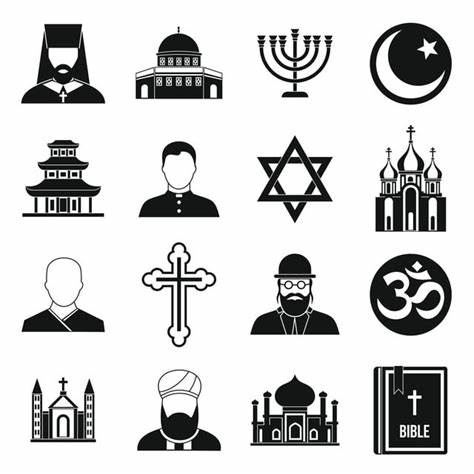
Protection from Discrimination
Article 2, states that everyone is entitled to all the rights and freedoms set forth in the declaration without distinction of any kind, such as race, sex, or other status. This principle underscores the importance of gender equality and non-discrimination, ensuring that women have equal rights and opportunities in all aspects of life.
Dialogue and Cooperation: The UDHR encourages dialogue and cooperation among different religious communities to promote understanding, peace, and cooperation. By fostering communication and collaboration, the declaration helps bridge divides, build trust, and promote peaceful coexistence among people of diverse religious backgrounds.
Society changes
The Universal Declaration of Human Rights (UDHR) is instrumental in guiding society through changes and transformations by providing a universal framework for upholding human rights in the face of evolving social, political, and technological landscapes. Here’s how the UDHR helps navigate societal changes:
Adaptability: The UDHR’s principles are timeless and adaptable to changing societal norms and values. As societies evolve, the UDHR serves as a moral compass, guiding individuals, communities, and governments in upholding human rights in the face of new challenges and opportunities.
Response to Emerging Issues: The UDHR can address emerging human rights issues resulting from societal changes, such as advancements in technology, globalization, environmental challenges, and shifting demographics. By applying the principles of the UDHR to new contexts, societies can ensure that human rights are protected in all areas of life.
Equality and Inclusion: The UDHR promotes equality and inclusion for all individuals, regardless of changes in social dynamics or power structures. By emphasizing the equal rights and dignity of every person, the declaration supports efforts to create more just and inclusive societies that respect the rights of all members, including marginalized or vulnerable populations.
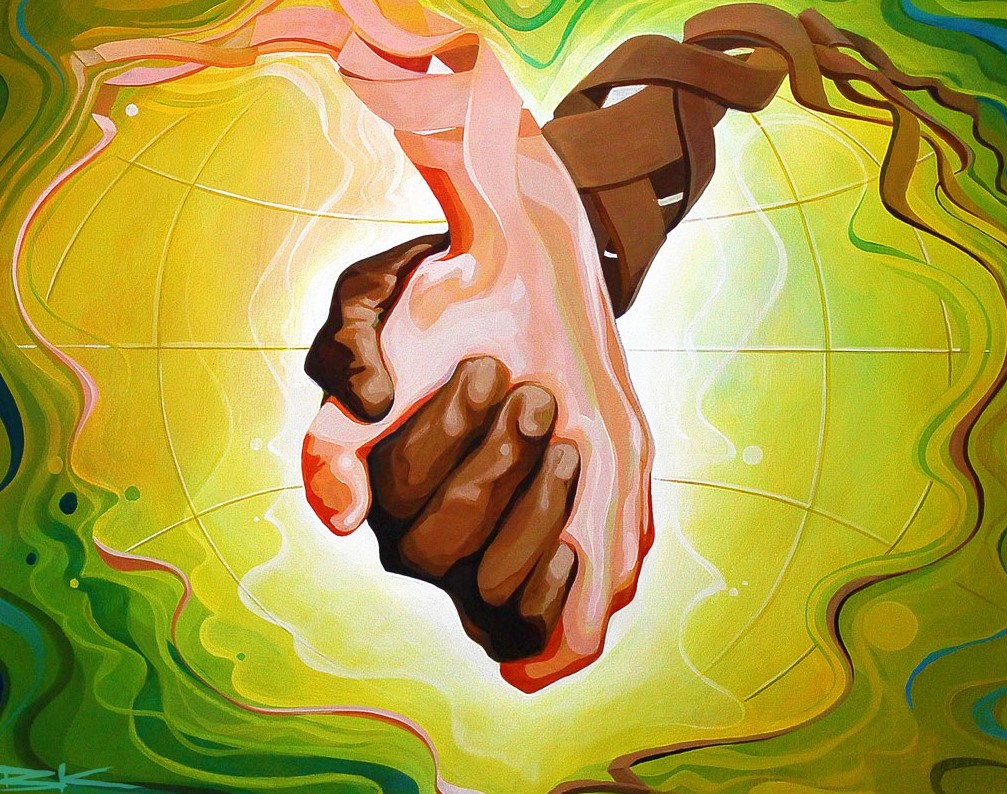
Society changes
The Universal Declaration of Human Rights (UDHR) is instrumental in guiding society through changes and transformations by providing a universal framework for upholding human rights in the face of evolving social, political, and technological landscapes. Here’s how the UDHR helps navigate societal changes:
Adaptability: The UDHR’s principles are timeless and adaptable to changing societal norms and values. As societies evolve, the UDHR serves as a moral compass, guiding individuals, communities, and governments in upholding human rights in the face of new challenges and opportunities.
Response to Emerging Issues: The UDHR can address emerging human rights issues resulting from societal changes, such as advancements in technology, globalization, environmental challenges, and shifting demographics. By applying the principles of the UDHR to new contexts, societies can ensure that human rights are protected in all areas of life.
Equality and Inclusion: The UDHR promotes equality and inclusion for all individuals, regardless of changes in social dynamics or power structures. By emphasizing the equal rights and dignity of every person, the declaration supports efforts to create more just and inclusive societies that respect the rights of all members, including marginalized or vulnerable populations.
Advocacy and Activism: The UDHR serves as a rallying point for advocacy and activism in response to societal changes that threaten human rights. Individuals and organizations can leverage the principles of the UDHR to advocate for justice, equality, and respect for human dignity in the face of social injustices or discrimination.
Education and Awareness: The UDHR is a powerful tool for raising awareness and promoting education about human rights in changing societies. By incorporating human rights education into schools, communities, and public discourse, societies can foster a culture of respect, empathy, and understanding for the rights of all individuals.
The Universal Declaration of Human Rights plays a vital role in guiding societies through changes by providing a foundation for upholding human rights in the face of evolving challenges and opportunities. By embracing the principles of the UDHR and applying them to changing contexts, societies can navigate transitions, promote equality and inclusion, respond to emerging issues, and advocate for a more just and rights-respecting world.
Children futures
The Universal Declaration of Human Rights (UDHR) is crucial for securing a better future for children by establishing a framework of fundamental rights and principles that promote their well-being, development, and protection. Here’s how the UDHR contributes to shaping a brighter future for children:
Article 26 Right to Education: The UDHR recognizes the right to education for all individuals. Ensuring access to quality education for children is essential for their intellectual, social, and emotional development. Education empowers children, equips them with essential skills, and prepares them for a successful future.
Right to Health: The UDHR underscores the right to health and well-being, as outlined in Article 25. Protecting children’s health ensures that they have the opportunity to grow, thrive, and reach their full potential. Access to healthcare services, nutritious food, clean water, and a safe environment are critical for children’s physical and mental health.
Protection from Exploitation: Children are particularly vulnerable to exploitation, abuse, and neglect. The UDHR safeguards children’s rights by prohibiting slavery, child labor, and any form of exploitation in Article 4 Upholding these principles is essential for protecting children from harm and ensuring their safety and security.
Right to Play and Leisure: Children have the right to play, engage in recreational activities, and enjoy leisure time, as emphasized in Article 31 of the UDHR. Play is essential for children’s social, cognitive, and emotional development. Providing opportunities for children to play fosters creativity, imagination, and healthy social interactions.
Future Leaders and Rights Holders: Children are not just beneficiaries of human rights but also future leaders and rights holders. By instilling in children an understanding of their rights and responsibilities, societies can empower them to advocate for justice, equality, and respect for human rights in their communities and beyond.
In summary, the Universal Declaration of Human Rights plays a crucial role in shaping a better future for children by safeguarding their rights to education, health, protection, play, and participation. By upholding the principles of the UDHR and ensuring that children’s rights are respected and promoted, we can create a world where every child has the opportunity to thrive, grow, and contribute positively to society.
Children futures
The Universal Declaration of Human Rights (UDHR) is crucial for securing a better future for children by establishing a framework of fundamental rights and principles that promote their well-being, development, and protection. Here’s how the UDHR contributes to shaping a brighter future for children:
Article 26 Right to Education: The UDHR recognizes the right to education for all individuals. Ensuring access to quality education for children is essential for their intellectual, social, and emotional development. Education empowers children, equips them with essential skills, and prepares them for a successful future.
Right to Health: The UDHR underscores the right to health and well-being, as outlined in Article 25. Protecting children’s health ensures that they have the opportunity to grow, thrive, and reach their full potential. Access to healthcare services, nutritious food, clean water, and a safe environment are critical for children’s physical and mental health.
Protection from Exploitation: Children are particularly vulnerable to exploitation, abuse, and neglect. The UDHR safeguards children’s rights by prohibiting slavery, child labor, and any form of exploitation in Article 4 Upholding these principles is essential for protecting children from harm and ensuring their safety and security.
Right to Play and Leisure: Children have the right to play, engage in recreational activities, and enjoy leisure time, as emphasized in Article 31 of the UDHR. Play is essential for children’s social, cognitive, and emotional development. Providing opportunities for children to play fosters creativity, imagination, and healthy social interactions.
Future Leaders and Rights Holders: Children are not just beneficiaries of human rights but also future leaders and rights holders. By instilling in children an understanding of their rights and responsibilities, societies can empower them to advocate for justice, equality, and respect for human rights in their communities and beyond.
In summary, the Universal Declaration of Human Rights plays a crucial role in shaping a better future for children by safeguarding their rights to education, health, protection, play, and participation. By upholding the principles of the UDHR and ensuring that children’s rights are respected and promoted, we can create a world where every child has the opportunity to thrive, grow, and contribute positively to society.

Protecting Women’s Rights
Participation and Representation: Women’s participation in decision-making processes and leadership roles is essential for achieving gender equality. The UDHR supports women’s right to participate in public life and governance, as stated in Article 21. Empowering women to engage in political, economic, and social spheres is critical for creating inclusive and diverse societies.
The Universal Declaration of Human Rights serves as a cornerstone for advancing women’s rights and promoting gender equality by upholding principles of equality, non-discrimination, freedom, education, work, health, and participation. By recognizing and protecting women’s rights, societies can create a more just, inclusive, and equitable world where women have the opportunity to fully realize their potential and contribute to the advancement of society as equal partners.
Protecting Women’s Rights
Participation and Representation: Women’s participation in decision-making processes and leadership roles is essential for achieving gender equality. The UDHR supports women’s right to participate in public life and governance, as stated in Article 21. Empowering women to engage in political, economic, and social spheres is critical for creating inclusive and diverse societies.
The Universal Declaration of Human Rights serves as a cornerstone for advancing women’s rights and promoting gender equality by upholding principles of equality, non-discrimination, freedom, education, work, health, and participation. By recognizing and protecting women’s rights, societies can create a more just, inclusive, and equitable world where women have the opportunity to fully realize their potential and contribute to the advancement of society as equal partners.
How impact the peace our communities and globally
The impact of peace on our communities and globally cannot be overstated. In our communities, peace is the foundation upon which we build relationships, trust, and a sense of belonging. When peace prevails, individuals feel safe to express themselves, pursue their aspirations, and contribute meaningfully to society. It creates an environment where diversity is celebrated, and differences are seen as opportunities for learning and growth rather than sources of division.
Moreover, peace in our communities paves the way for social and economic development. It allows for the establishment of institutions that uphold justice, equality, and human rights, ensuring that every individual has the opportunity to thrive and reach their full potential. Businesses flourish in peaceful environments, creating job opportunities, driving innovation, and fueling economic progress for all members of society.
On a global scale, the significance of peace becomes even more pronounced. In an interconnected world where the actions of one nation can have far-reaching repercussions across borders, peace is essential for promoting cooperation, resolving conflicts, and addressing shared challenges such as poverty, climate change, and pandemics. Global peace fosters diplomacy, dialogue, and partnerships among nations, leading to sustainable solutions that benefit not just a few, but all of humanity.
The absence of peace, on the other hand, brings about devastating consequences that reverberate through our communities and the world. Conflict tears apart the fabric of society, displacing families, destroying infrastructure, and shattering the hopes and dreams of generations. It breeds fear, hatred, and mistrust, creating fertile ground for extremism, violence, and injustice to take root.
As we reflect on the impact of peace on our communities and globally, let us reaffirm our commitment to nurturing a culture of peace in our interactions, our decisions, and our aspirations. Let us strive to be agents of peace, standing up against injustice, advocating for dialogue, and promoting understanding and empathy in all our endeavors.
In conclusion, peace is not a distant ideal but a tangible reality that we can create together, one small act of kindness, one gesture of solidarity, and one moment of understanding at a time. Let us choose peace, for in its embrace, we will find the path to a brighter, more just, and more prosperous future for all.
The role of The Reconciliation is a powerful and transformative concept
At its core reconciliation requires individuals and communities to confront painful truths, confront their own biases and prejudices, and embrace the humanity of those they once considered adversaries. It demands empathy, humility, and a willingness to listen to the stories and experiences of others, even when they challenge our own beliefs and perceptions.
peace based on reconciliation is not just a lofty ideal; it is a practical and transformative approach to resolving conflicts, healing wounds, and building a future based on shared values and respect. Let us embrace the power of reconciliation in our interactions, our communities, and our world, and work together towards a future where peace, understanding, and mutual respect prevail.
The role of The Reconciliation is a powerful and transformative concept
At its core reconciliation requires individuals and communities to confront painful truths, confront their own biases and prejudices, and embrace the humanity of those they once considered adversaries. It demands empathy, humility, and a willingness to listen to the stories and experiences of others, even when they challenge our own beliefs and perceptions.
peace based on reconciliation is not just a lofty ideal; it is a practical and transformative approach to resolving conflicts, healing wounds, and building a future based on shared values and respect. Let us embrace the power of reconciliation in our interactions, our communities, and our world, and work together towards a future where peace, understanding, and mutual respect prevail.
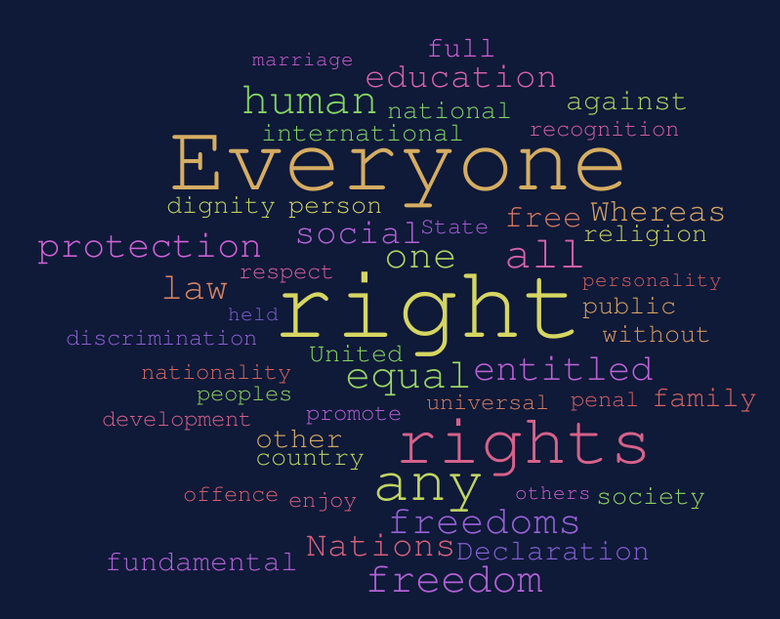
© Copyright 2024 by The Call Of Reconciliation And Peace
